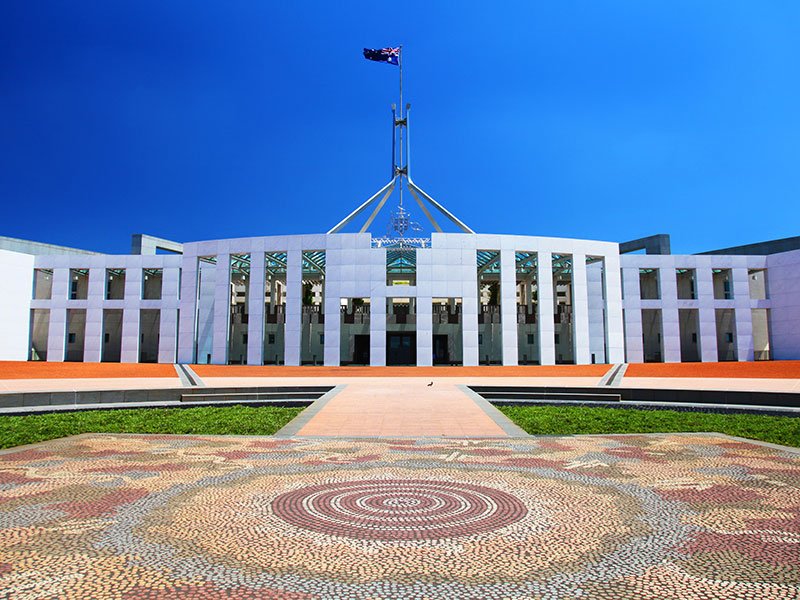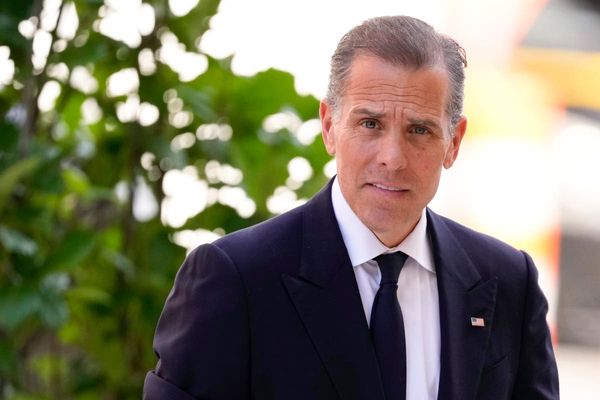Legislation introduced on Thursday by the government will regulate and expand its digital identity scheme, including allowing states and the private sector to participate, while another $145.5 million in funding has been committed.
After nearly a decade of work in Canberra and more than $780 million now committed, the new bills would add guardrails to a digital ID system already in place and lay the groundwork for more identity and service providers to join as it expands to an economy wide system.
The main bill was immediately referred to the Senate Economics Committee for hearings likely in January and a report by February, despite the Opposition and One Nation Senators attempting to extend the inquiry.

Digital identities allow holders to verify their identities, typically to access services, without necessarily having to provide sensitive information like passports or licences.
The government has been developing its system since 2014 and made significant investments of around $600 million later in the decade to establish an accreditation framework for digital ID services and its own digital identity, known as myGovID.
myGovID is now held by around 10.5 million Australians, allowing them to access Commonwealth services without providing each service provider with individual identity documents to prove who they are.
The government wants to expand to a whole-of-economy system that would allow state and territory digital ID systems to interoperate and allow private digital ID providers and private service providers like banks and telcos to participate.
Thursday’s bill would formally establish the Australian Government Digital ID System and a more robust accreditation scheme for it by introducing privacy and security requirements, penalties for beaches and new powers for the regulating authorities the Australian Competition and Consumer Commission (ACCC) and the Privacy Commissioner. Another bill has been introduced to make consequential amendments.
The main bill would also give the government the power through legislative instrument, to determine what entities can apply for approval, allowing for the scheme to be expanded to states and territories and the private sector through the planned “phased approach”.
While common in many other countries and a mostly bipartisan effort in Australia, digital identity has been a vexed issue for some and the government faces strong criticism in the Senate.
Even before Finance minister Katy Gallagher could introduce the bill, it was criticised during a Senate motion by One Nation’s Malcolm Roberts.
Senator Roberts said the voluntary scheme will “facilitate making a digital identity check mandatory” and “tie every Australian do a digital identity that unlocks services necessary for life”, while creating a honeypot of personal information.
Ms Gallagher replied that “everything that Senator Roberts said is incorrect and is not part of the bill”.
“It is not mandatory. It is actually putting in place legislation that regulates the existing system,” she said.
One Nation and the Coalition teamed up to try and extend the committee reporting three additional months to May. The Senate ultimately settled on the February reporting date, with the government gaining the support of the Greens and independent Senator David Pocock to shoot down the extension.
Senator Gallagher criticised the attempt to extend the inquiry, saying it would help critics like One Nation “misrepresent” the bill and the regime would miss an official launch date of July 2024.
“This has not come out of the blue. This does not require a long committee process. There has been exposure drafts, there have been consultation processes,” Senator Gallagher said.
“This is about making sure that people’s information and the amount of information they have to share is reduced. It’s about making sure there’s a legislative framework. It’s about making sure there’s a regulator in place to ensure that the system works efficiently. And it is about protecting individuals’… information.”
The Albanese government committed another $145.5 million in new funding to the scheme on Thursday, building on the more than $600 million already spent or committed.
The bulk of the new funding ($56 million over four years) will go to the ACCC to perform regulatory functions under the Digital ID legislation from July 2024. The regulator last week went to market for computer systems to manage accreditation requests.
Another $56 million over four years will go to the Attorney General’s Department for the continued operation of the Identity Matching Services used by the government to confirm someone’s identity based on documents like passports.
Separate legislation allowing the government to legally operate its document and face matching systems was introduced in September, but now faces an uphill battle in the Senate, with the Greens and the Coalition backing calls for a “higher standard” of privacy protections.
The remaining funding will be split between ICT updates to myGovID, the privacy regulator, for Treasury to provide assistance to the ACCC, and for communications for awareness and understanding of digital ID – seen within government as a major hurdle.
The bills will be considered in Parliament after the committee reports on February 28.







